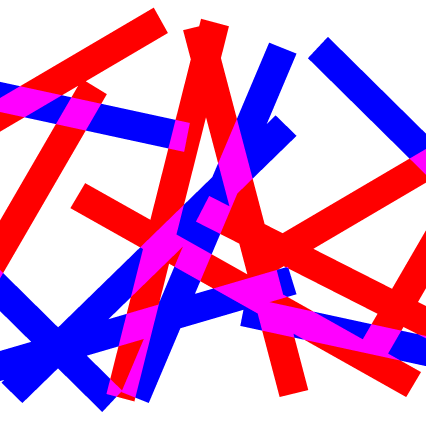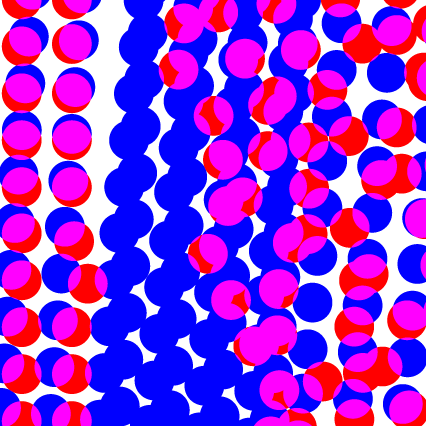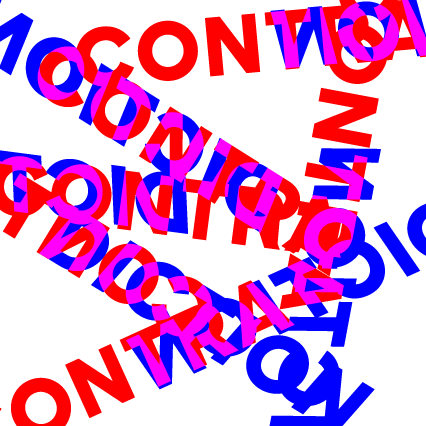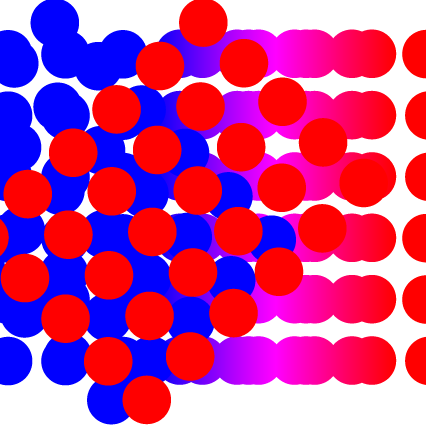Veranstaltungen
-
 Toolbox #11 – Die große Kontradiktion der Religionswissenschaft und der Cultural Turn
Toolbox #11 – Die große Kontradiktion der Religionswissenschaft und der Cultural TurnToolbox im Wintersemester 2025/26
-
 Toolbox #12 – Räume/Geographien/Widersprüche
Toolbox #12 – Räume/Geographien/WidersprücheToolbox im Wintersemester 2025/26
-
 “No More Bhopals” A Memorial Screening on the 41st Anniversary of the Bhopal Gas Tragedy followed by a discussion with Dr. Satinath Sarangi
“No More Bhopals” A Memorial Screening on the 41st Anniversary of the Bhopal Gas Tragedy followed by a discussion with Dr. Satinath SarangiOn the night of December 2–3, 1984, a leak from the Union Carbide pesticide plant in the central Indian city of Bhopal released over forty tonnes of methyl isocyanate gas, exposing more than half a million people to one of the deadliest industrial disasters in […]
-
 Kick off Workshop – Peer Mentoring
Kick off Workshop – Peer MentoringWeitere Informationen folgen in Kürze.
-
 Toolbox #13 – Interner Workshop
Toolbox #13 – Interner Workshop
-
 Toolbox #14 – Academic Environment
Toolbox #14 – Academic EnvironmentToolbox im Wintersemester 2025/26
-
 Workspace/Kolloquium #1
Workspace/Kolloquium #1Workspace/Kolloquium #1 im Wintersemester 2025/26
-
 Workspace/Kolloquium #2
Workspace/Kolloquium #2Workspace/Kolloquium #2 im Wintersemester 2025/26
-
 Workspace/Kolloquium #3
Workspace/Kolloquium #3Workspace/Kolloquium #3 im Wintersemester 2025/26
-
 Workspace/Kolloquium #4
Workspace/Kolloquium #4Workspace/Kolloquium #4 im Wintersemester 2025/26
Vergangene Termine
-
 Political Theory in Times of Uncertainty
Political Theory in Times of UncertaintyPolitische Theorie in Zeiten der Ungewissheit
-
 „Das muss eine Demokratin aushalten können“: Eine Problematisierung des Aushalten-Könnens im Dialog mit feministischen Perspektiven auf Sorge/Care
„Das muss eine Demokratin aushalten können“: Eine Problematisierung des Aushalten-Könnens im Dialog mit feministischen Perspektiven auf Sorge/CareVortrag im Rahmen der Dreiländertagung Politikwissenschaft „Zeitenwende – Politik(Wissenschaft) in unsicheren Zeiten“
-
 The Truth of Politics. On the Epistemization of the Protests against the German Corona Policy
The Truth of Politics. On the Epistemization of the Protests against the German Corona PolicyThe diagnosis of an epistemization of the political, according to which political questions in Western democracies would increasingly be negotiated as questions of knowledge, is confirmed also in the debate about the state imposed measures to contain the spread of SARS-CoV-2. This tendency would suggest […]
-
 Ethnografie als Methode (in) der Rechtswissenschaft
Ethnografie als Methode (in) der RechtswissenschaftDie 63. Junge Tagung Öffentliches Recht 2023 findet vom 18. bis 21. Juli 2023 zu dem 63. Junge Tagung Öffentliches Recht zum Thema Interaktionen: Internationalität, Intra- und Interdisziplinarität in Hamburg statt.
-
 Vollversammlung und Semesterausklang
Vollversammlung und Semesterausklang
-
 Constitution and/or Declaration. Discussing the Question of the (Linguistic) Construction of Contradictions
Constitution and/or Declaration. Discussing the Question of the (Linguistic) Construction of ContradictionsIn this Lunchbox we want to discuss what it means to consider contradictions a product of declaration. In order to make clear the history and theoretical assumption of this concept, we want to give a brief input on Speech Act Theory and provide some concrete […]
-
 Afrospanish Literature. Between Activism and Creating References
Afrospanish Literature. Between Activism and Creating ReferencesIm Rahmen des 3. Wuppertaler Malala Day 2023.
-
 Performing and Withstanding Contradictions or: an Uneasy Hunch
Performing and Withstanding Contradictions or: an Uneasy HunchCarolin Zieringer (GRK Contradiction Studies) Kommentare Dr. Rosine Kelz (U Bremen) Dr. Brigitte Bargetz (U Kiel)
-
 No Contradiction: True and Effective Knowledge
No Contradiction: True and Effective KnowledgeProf. Frieder Vogelmann (U Freiburg)
-
 Of Paradoxes and Pitfalls, or: Does the Post-Migrant Society Need a Collective Memory?
Of Paradoxes and Pitfalls, or: Does the Post-Migrant Society Need a Collective Memory?Historical references have become part and parcel of modern political and public discourse while today’s ever-changing postmigrant societies pose new challenges to long-standing mnemonic practices, as has been vividly discussed in Germany over the past years. Since 2017, claims that newly arriving migrants should be educated in Holocaust history became louder, recently culminating in a revised curriculum for the mandatory integration courses. In our paper we will show how, based on the assumption that Holocaust remembrance can convey values of German society, this new curriculum aims at historical literacy for the purpose of igniting a sense of responsibility for society amongst the newcomers.Yet, so we will argue, the same memory politics also risk to exclude people from the „national culture“ by neglecting responses to Holocaust history that might look different to the ones expected by mainstream society. By drawing from ongoing ethnographic research into different memory-educational programs for refugees in Germany, we seek to illustrate how paradoxes of plural democracy are negotiated on the basis of mnemonic practices and the construction of a collective memory more generally. Our aim is to shift the focus of current debates on German memory politics to the contradictions that underly some of the claims about its collective memory, especially the idea that a shared memory will create harmony amid a diverse society shaped by a multitude of memories.